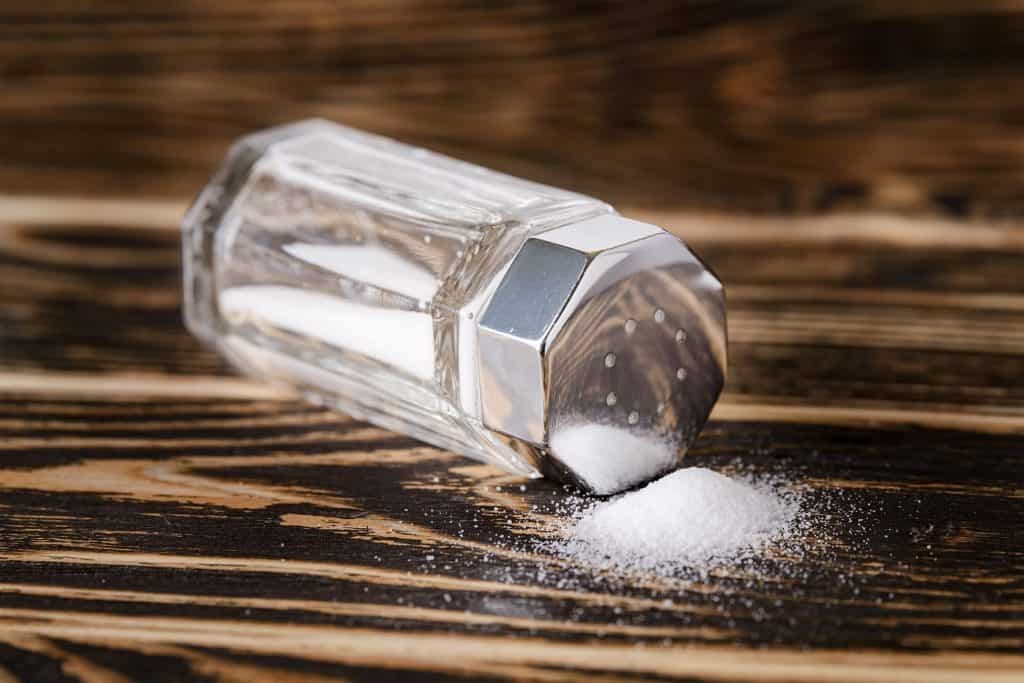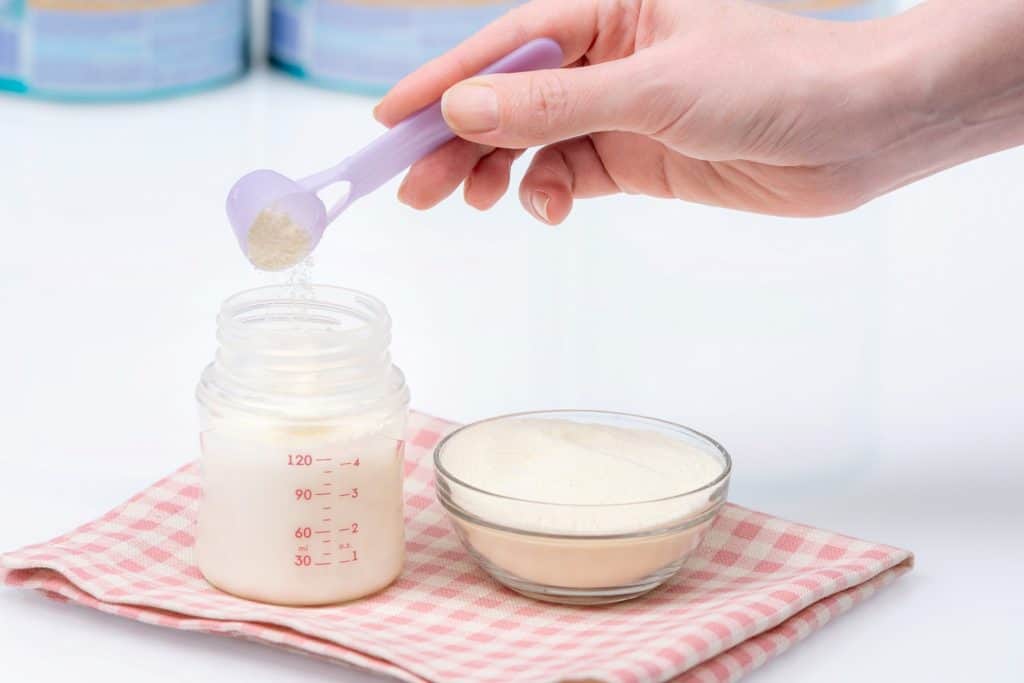Breastmilk is very important for your infant, providing crucial sustenance for their development. It’s better than formula for babies, as the nutrients are more readily absorbed into their body than formula – in fact, breastfeeding even has health benefits for mothers too!
As a new mother, you may have some worries about what exactly is in your breastmilk, and how your health and diet play a part in it. One common breastfeeding challenge is having salty breastmilk – is salty breastmilk safe for your baby?
Assuming that you’re following your doctor’s dietary advice, your breastmilk should provide all the nutrition your baby needs! There’s no point in adding extra salt to their breastmilk, as doing so will have serious effects on their underdeveloped kidneys.
Your breastmilk may be saltier because of a high-sodium diet. There’s also a chance you have Mastitis, an infection that commonly affects breastfeeding mothers. You might also have saltier breast milk because that’s just how your body produces it! Salty breastmilk won’t be harmful to your baby, but it may be your cue to start making lifestyle changes.
Unless your doctor explicitly instructs otherwise, refrain from adding extra salt to your baby’s breast milk. Salty breastmilk shouldn’t pose a risk to your baby’s health, but it’s still something you ought to take note of – we’ll go over a few common reasons behind this situation.
Don’t Add Extra Salt!

First and foremost, don’t add extra salt to your baby’s breast milk! While sodium does help regulate blood pressure and nerve functionality, too much of it can cause serious health problems for infants. Babies under a year old are especially vulnerable to this, as their kidneys are underdeveloped and incapable of handling all of that excess sodium.
Both breastmilk and baby formula should have the right balance of sodium your infant needs. Adding extra salt could cause dehydration and may even lead to their blood pressure spiking.
Even if they reach the age where their kidneys can pick up the slack, you still have to consider their body proportions. While babies can handle a bit of salt at that point, you’d be better off seasoning their food with fruits, spices, or even herbs instead.
Why is My Breast Milk Salty?
There are a couple of things that could explain why your breastmilk is salty.
Still, you should treat the issue with importance – salty breast milk isn’t ideal for infants. They won’t like the taste, which can lead to less frequent feedings (bad for both mother and child!). It’s important to understand why your breastmilk is salty, as it may be a sign of other conditions too.
High Sodium Diets

You might have been eating a lot more salty or high-sodium foods recently, which naturally affects the taste of your breast milk. Your infant may not like drinking saltier breastmilk, but it shouldn’t pose a health concern. That said, we’d still recommend that you change your eating habits.
While sodium is needed for babies to develop, having too much of it could complicate your pregnancy in all the worst ways.
Mastitis
Mastitis is a condition that causes painful inflammation in a woman’s breasts. It can be caused by either infections or blocked milk ducts and can make breastfeeding painful for the mother.
Mastitis may inhibit both the supply and flow of breast milk. It can even alter its taste by increasing sodium content while also decreasing lactose, causing that undesirable “salty” taste.
Salty breastmilk is safe for your infant to drink – so long as it isn’t contaminated. Salty breastmilk is fine, but extreme cases of Mastitis may taint breastmilk with blood or even pus!
Breastfeeding actually helps mothers deal with Mastitis, so if your case isn’t that bad it’d be best to continue breastfeeding until the problem subsides.
If you reach the point where your breastmilk may be contaminated, don’t worry! Mastitis usually only affects one breast at a time, so you can safely wean them with your other breast. Just remember to pump the affected breast, if only to relieve pain and clear the blockage.
Should I Ever Add Anything To My Breastmilk?

Breastmilk generally provides everything your baby needs. It delivers crucial nutrition and does so in a manner that’s much easier for their little bodies to absorb and make use of. For the first six months of their life, you don’t need to feed your baby anything else. Unless your healthcare provider explicitly instructs you to do so, it’s not necessary to add anything to your breast milk.
There are occasional situations where parents are advised to add supplements to their baby’s breastmilk – these usually come up when the baby is underweight or has a medical condition that warrants more of a specific nutrient.
You’re welcome to inquire about these with your doctor but don’t decide to do so own. Overdoing it on certain vitamins and minerals may have adverse health effects on your baby. Bring up your concerns before acting on them, then work with the guidance they provide.
Final Thoughts
While sodium (and salt) are necessary for your infant’s body to function properly, there’s no need to supplement it. Breastmilk has everything your baby needs to grow up well and should be fed to them exclusively for the first six months of their lives.
When it comes to breastfeeding and infant nutrition, salty breastmilk isn’t an immediate health concern – it’s still fit for your baby to drink. It could be a sign of other underlying health issues though, so look into why that’s the case and handle the problem appropriately.